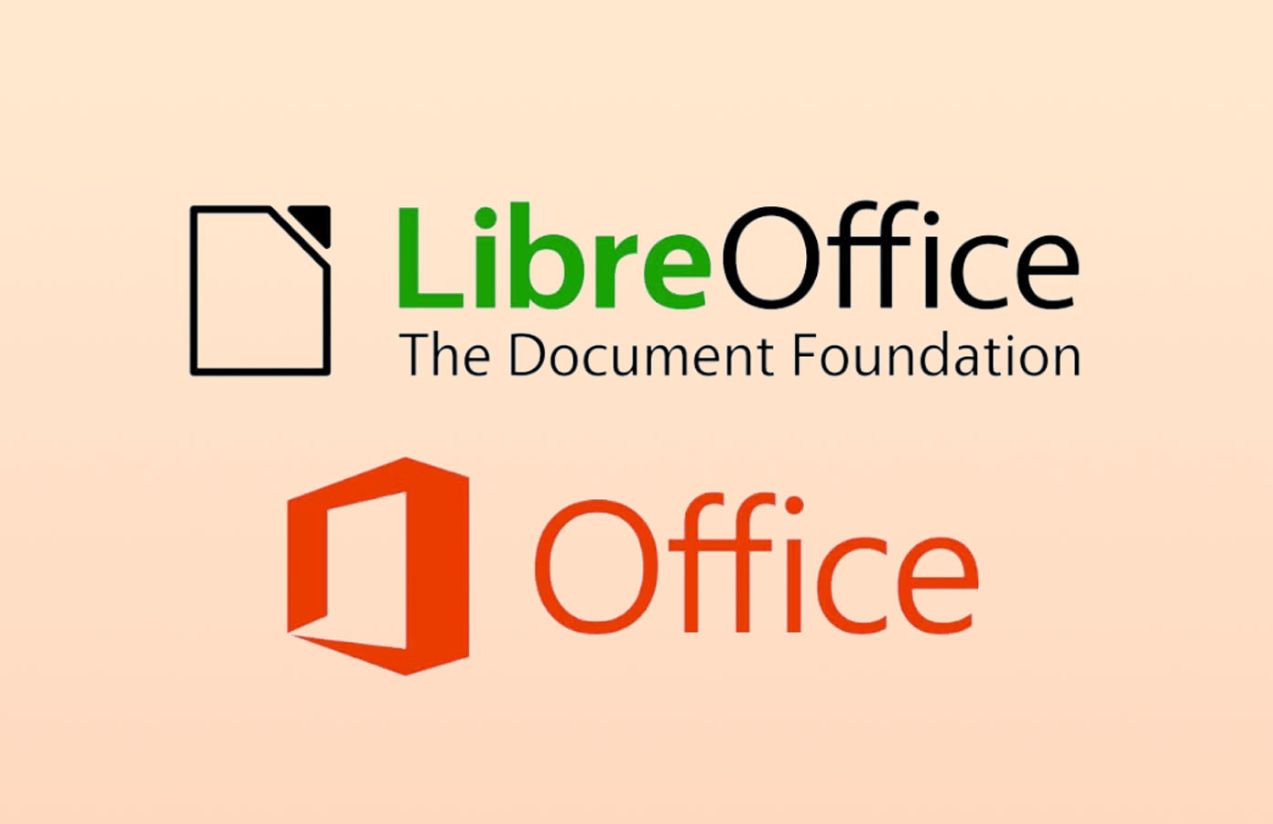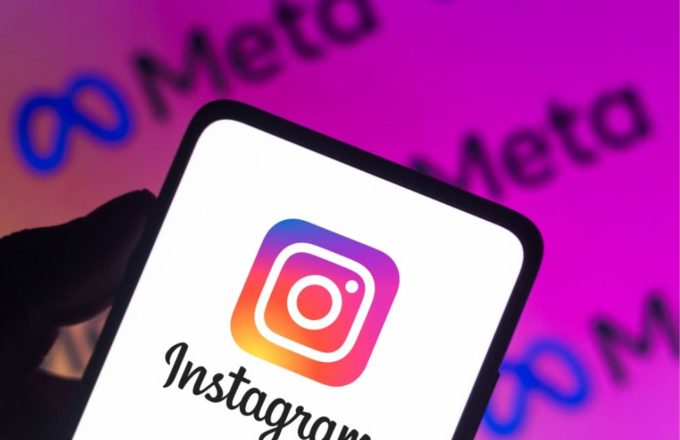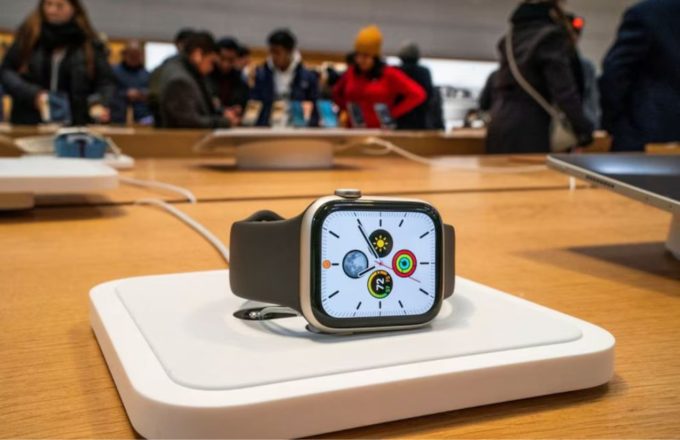The team behind LibreOffice has launched a scathing criticism of Microsoft, accusing the tech giant of deliberately designing its file formats to be “unnecessarily complex” in order to hinder interoperability and keep users tied to the Microsoft 365 ecosystem (formerly known as Office).
The accusation comes amid growing tension between the open-source community and Microsoft, particularly following the company’s recent push to migrate users from Windows 10 to Windows 11 — even encouraging them to replace older devices with new ones.
At the heart of the controversy is the Office Open XML (OOXML) format used by Microsoft for documents (.docx) and spreadsheets (.xlsx). According to LibreOffice, this XML-based format has been intentionally made overly complicated, creating technical barriers that make it difficult for other platforms to support it — effectively reinforcing reliance on Microsoft’s proprietary software.
“XML should act as a bridge between applications, allowing information to be exchanged freely. But Microsoft has turned it into a technical wall,” LibreOffice warned in a statement.
XML, or eXtensible Markup Language, is a system used to structure data in a way that’s readable both by humans and machines. Combined with XSD (XML Schema Definition) files, it defines how that data should be organized. However, LibreOffice argues that Microsoft is using these technologies in ways that directly contradict their intended purpose.
“OOXML isn’t designed to encourage interoperability, but rather to prevent it,” they state. “It includes deeply nested structures, non-intuitive naming conventions, and an overwhelming number of optional elements — making implementation a nightmare for any developer outside of Microsoft.”
LibreOffice, which advocates for open standards like OpenDocument Format (ODF), argues that such practices undermine users’ digital sovereignty and enforce a closed ecosystem. As tech outlet Neowin notes, the situation is comparable to a public railway system whose control mechanisms are so convoluted that no other company can operate trains on it. “Users are traveling without realizing they’re being held hostage,” the outlet summarizes.
This latest chapter in the ongoing rivalry between open-source and proprietary software reignites the debate over open standards, technological freedom, and the true meaning of interoperability in the digital age.




















